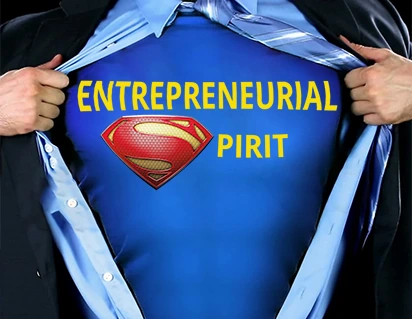Congratulations! You published a book, and now what?
How many blogs start with this sentence and then follow with excellent marketing advice? You can find some great websites with tips to help create your author’s brand. But there is one thing you must do before that: fully understand the situation you find yourself in as a writer and accept it. So let’s talk about that situation.
If you’ve published a book, you’re in a far better position than most who are still in the query trenches. Just remember what you had to go through to become a published author. As intimidating as marketing and promoting your book may be, you’ve done the most challenging part. You have published a book. But this does not mean you have finished the work, but you should continue.
When you first started writing, you had to acquire some habits and build your writing routine. It’s the same with strengthening and promoting your brand. It must become your routine, a part of your everyday life. Most writers consider it only temporary, even if they are forced to do something. If you think like that, the big question is how many readers your books will reach.

Does this mean all marketing is down to you? No, it means that you are most likely its most important part: the link that connects everything into a whole.
It can feel weird and lonely in this process, and yes, you can blame the age of digital media in which we live, but it is far more complex than that. The art of branding and promoting is almost as old as writing itself. Others have been doing it long before us and very successfully, too. Here are some examples from the past.
We’re not the ones who invented shamelessly shoving our books under everyone’s noses. Our predecessors did it long before us, many of them famous writers. Maybe there were no social networks back then, but there was a society that they were targeting. Even Hemingway posed for a newspaper and advertised Parker pencils.
But if you want to explore the distant past, let’s go to the 17th century and the Golden Age of Spanish literature. The competition in that market was ruthlessly fighting for the audience. The outstanding Lope de Vega and el ingenioso Cervantes could not stand each other. Lope de Vega shamelessly promoted himself, taking great care of the image he created in the public by inserting his autobiographical elements into his works. Whether the author of Don Quijote meant to praise or insult him when he called him a monster of nature will remain a mystery.

We don’t have to go so far as to make our promotion shameless. We live in a time when the audience has heard and seen almost everything, and it is unlikely that we will shock anyone with our posts and bold comments.Instead, we can give our audience a constant presence and peek behind the scenes of our creative process.
You can make your readers feel part of your routine by getting them used to the fact that you are there constantly and will not disappear. Your audience can count on another great book published next year, so they have something to look forward to.
It doesn’t matter how frequently you post as long as you don’t stop posting and as long as you have something to say when you do post—quality over quantity and stability over unpredictability.





1 Comment
marija.popovski
Quality over quantity – this is so true! But it is important to be persistent :)
You must Login to post a comment or reply.